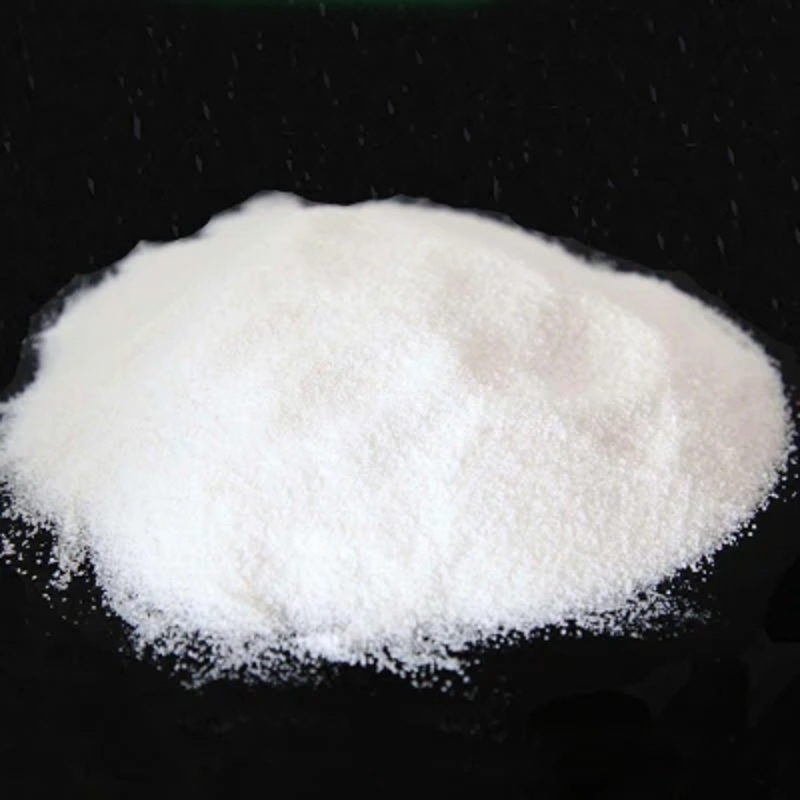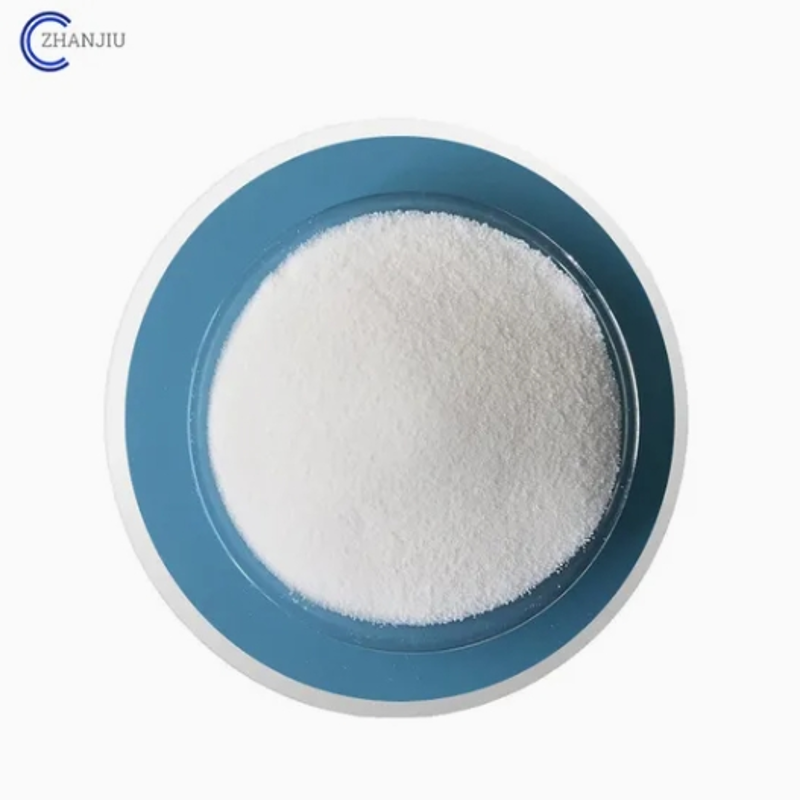-
Categories
-
Pharmaceutical Intermediates
-
Active Pharmaceutical Ingredients
-
Food Additives
- Industrial Coatings
- Agrochemicals
- Dyes and Pigments
- Surfactant
- Flavors and Fragrances
- Chemical Reagents
- Catalyst and Auxiliary
- Natural Products
- Inorganic Chemistry
-
Organic Chemistry
-
Biochemical Engineering
- Analytical Chemistry
-
Cosmetic Ingredient
- Water Treatment Chemical
-
Pharmaceutical Intermediates
Promotion
ECHEMI Mall
Wholesale
Weekly Price
Exhibition
News
-
Trade Service
According to Indonesian bisnis.
com media news on January 3, 2023 The Indonesian Palm Entrepreneurs Association and Farmers' Association unanimously agreed that the government will implement a new policy to restrict the export of crude palm oil (CPO) from January 1, 2023, believing that the policy will not have a significant impact
on the palm oil industry.
Gulat Manurung, president of the Indonesian Palm Farmers Association (Apkasinod), said the government's new policy was right because at least 14 million tonnes of crude palm oil
would be absorbed and utilized as the mandatory blending scheme for 35 percent palm oil (B35) began next month.
This policy is reasonable, as domestic crude palm oil production is also expected to decline, especially fertilizer prices have risen by 300%.
From January 2023, the Ministry of Trade will begin to reduce exports of crude palm oil (CPO) in order to avoid a shortage of domestic demand for edible raw palm oil, especially during
Ramadan and Eid al-Fitr.
Earlier, Trade Minister Zulkifli Hasan (Zulhas) said that the new CPO export rules require CPO exporters to provide a 1:6 Domestic Market Obligation (DMO).
This means that exporters need to supply 1 ton of CPO to the domestic market and then export 6 tons of CPO
.
For example, if they supply 300,000 tons of DMO, then the supplier can export up to 6 x 300,000 tons
.
The previous DMO policy was 1:8
.







